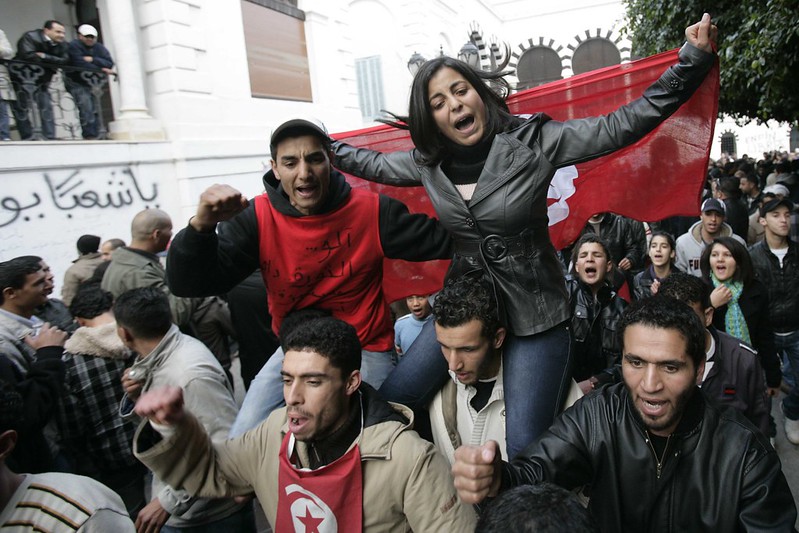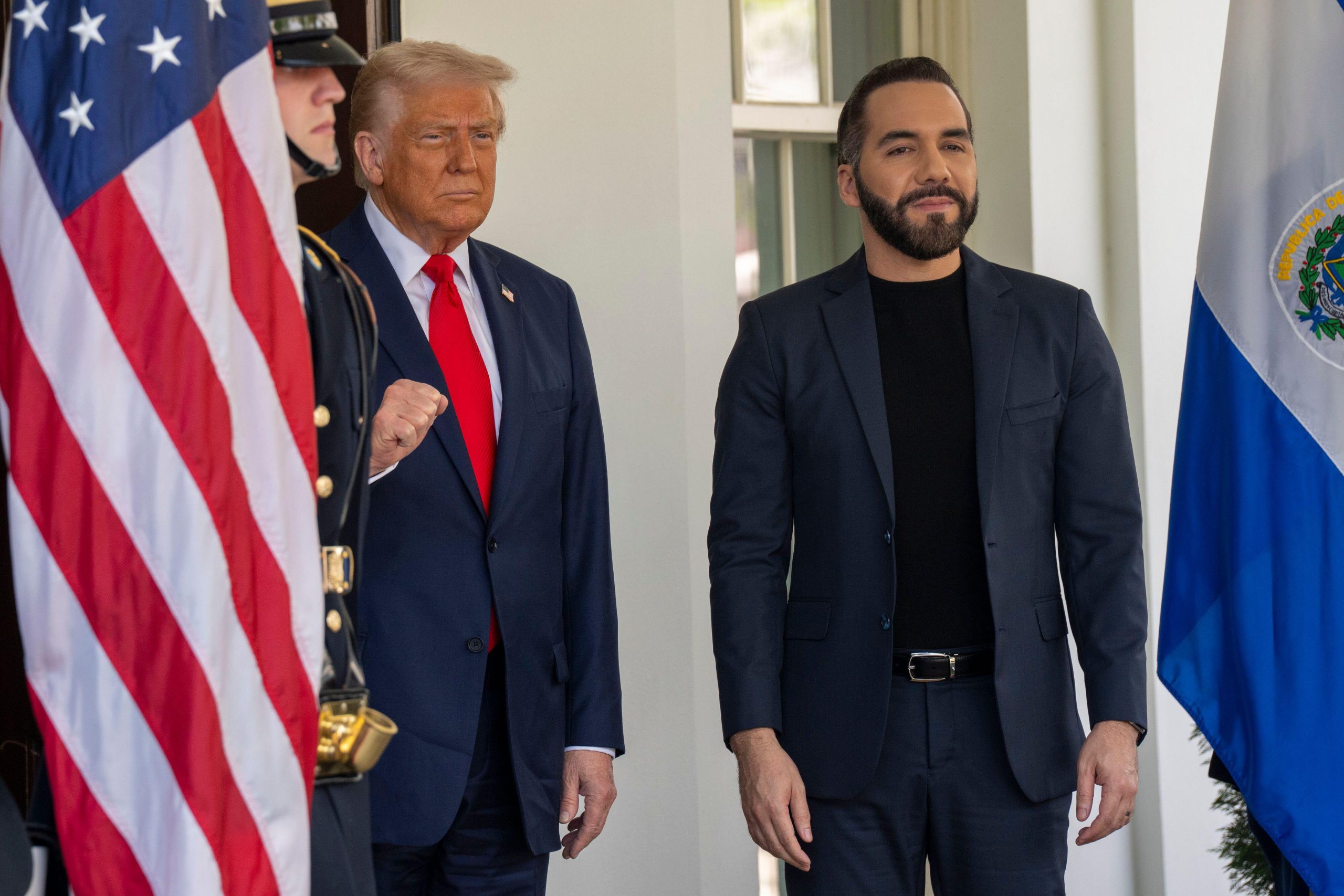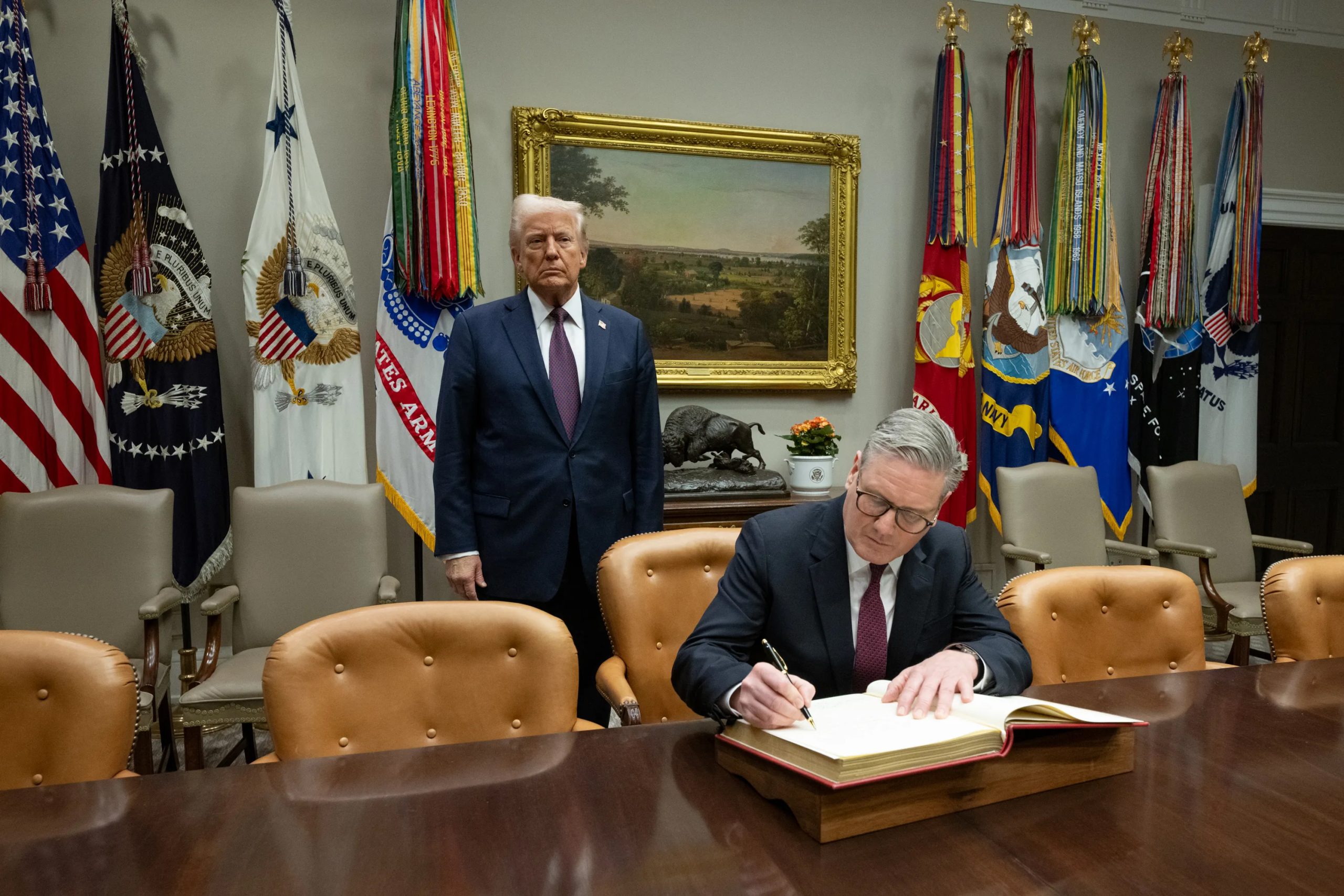 Tony Blair’s appearance at the Iraq inquiry is a test of the competing principles of free expression and confidentiality. John Kampfner asks who should decide what the public hears?
Tony Blair’s appearance at the Iraq inquiry is a test of the competing principles of free expression and confidentiality. John Kampfner asks who should decide what the public hears?
Tony Blair would not appreciate being likened to Julian Assange. The feeling would, I am sure, be entirely mutual. Yet there is a link of sorts between these two figures, so controversial in their very different ways. It revolves around the notion of confidentiality.
The lead-up to the former prime minister’s second appearance before the Iraq enquiry has been dominated by the issue of private correspondence. The refusal by the cabinet secretary, Sir Gus O’Donnell, to accede to the request of the committee chairman, Sir John Chilcot, to release the full musings of Blair and ex-president George Bush is based around a question similar to the one relating to the industrial dumping of US State Department documents. When are the musings of individual officials or politicians public documents and when are they private?
In both cases the competing principles of free expression and confidence stumble on each other, head to head. Assange and his allies argue their case mainly around public interest. The world, he insists, should know all the dirty deeds of dastardly diplomats. A more convincing argument in his favour might be that no serious organisation could remotely hope to keep a single email secret if circulated to 2.5m people, as was apparently the case with the US diplomatic service.
As for the Blair/Bush love-in, the case for secrecy is undermined by Blair’s own decision to publish some of the discussions in his memoirs. Furthermore, written memos between world leaders could surely not qualify as “private”. Telephone calls, presumably yes, but not the written word.
As the Daily Telegraph commented in a leader article this week:
The public deserves to get the fullest possible account of why this country went to war on the basis of what turned out to be misleading intelligence. For many, this remains the rawest of issues; if we are ever to put it behind us, the inquiry must be seen to be as thorough and open as possible. Reaching sensible conclusions almost eight years after the invasion began will be difficult enough without the inquiry being fettered in this way.
In the spirit, we are sure, of free expression, a furious Chilcot decided to publish his exchange of letters with O’Donnell. The committee chairman suggests, in quintessential mandarin style, that he would be “disappointed” if Blair proved less forthcoming in his evidence than in his book.
Otherwise, the Telegraph concludes, “it will appear that Mr Blair is happy to breach the confidentiality of office for a lucrative book deal, but not to inform the British public of the process that led him to send our troops to war”.
John Kampfner is the chief executive of Index on Censorship




